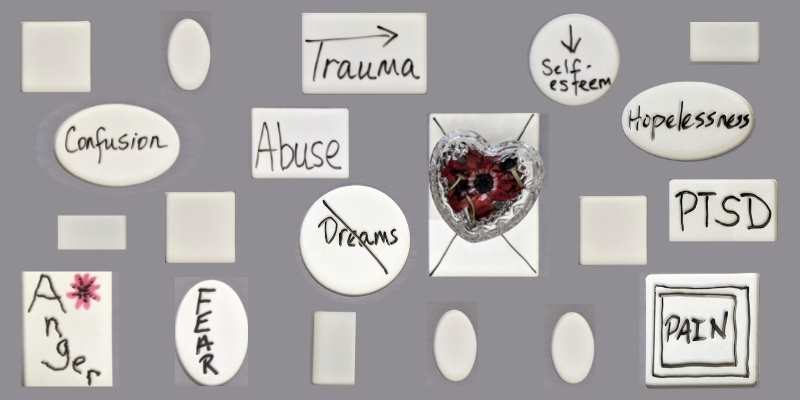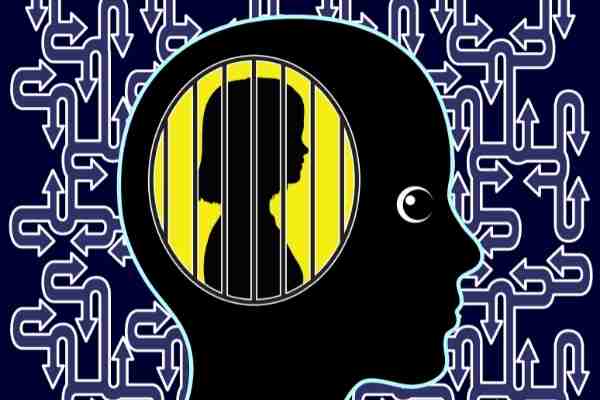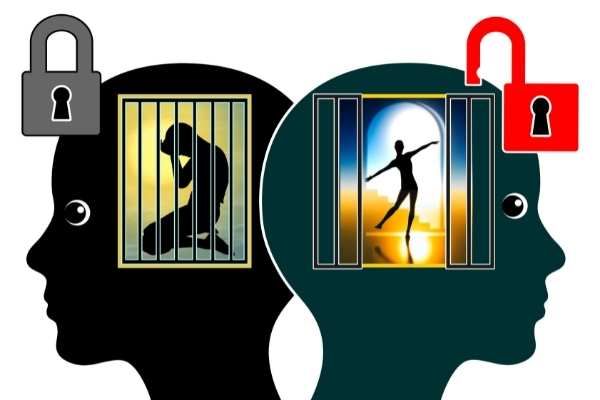“Trauma is not what happens to us, but what we hold inside in the absence of an empathetic witness.”. Author of this quote is Peter A. Levine
Everyone has ghosts from the past, some of which are recapitulations of painful and unimaginable experiences. While time seems to remedy the deep wounds, a dark spot usually sticks as a timely reminder in the brain. If you underwent hurtful experiences in the past, you’re likely to encounter trauma, which can affect your daily life tremendously. Therefore, a quick and healing way of dealing with trauma is seeking therapy treatments, and the Eye Movement Desensitization and Reprocessing (EMDR) is the most ideal. But, what is EMDR, and how does it help treat and manage trauma?
What Is EMDR?
An excellent treatment for trauma is EMDR therapy and involves harnessing the brain’s healing power. This power is used for reprocessing past painful experiences in a safer and controlled therapeutic environment. A therapist uses bilateral brain stimulation to help you process your thinking, feelings and behaviour related to the past disturbing memory or event. Technically, EMDR therapy mimics Rapid Eye Movement (REM) sleep. REM sleep is said to have the power to process daily events and slot them in our memory network. However, when something is overwhelming happening, REM is unable to process. It is left unprocessed like an island memory.
EMDR therapy is advised to be facilitated only by EMDR trained clinicians. Therefore, please ensure your clinician is EMDR trained.
When in a therapeutic environment, you feel safer to relive and reprocess trauma, and you’re able to re-channel any negative energy into optimism. Eventually, past trauma starts feeling less punitive and intimidating. EMDR is conclusive and incredibly effective in treating trauma that generates most forms of anxiety, including panic attacks and PTSD.
What Is Trauma?
Trauma is an emotional reaction to dreadful past experiences that can be hard to step out of. Such experiences leave deeper scars in the brain and keep replaying continuously, thus affecting your present. Accidents, phobias, natural disasters, loss of near and dear ones, and rape cases are typical causes of trauma as they often result in severe harm that is unforgettable and often unimaginable.
Trauma is perceived differently by all of us. It need not be a single big event, but other reasons for trauma can be ongoing family life. For example, physical abuse, verbal abuse, parents divorcing are all reasons to have trauma or bad experiences that can shape adult life differently and have unmet needs.
It’s typical to be in denial immediately after a dreadful event, but the effects of trauma can be harsh in the long term. You’re likely to get unrelenting flashbacks and physical changes like nausea and headaches, unstable and unpredictable emotions, and wavering relationships. Trauma presents in varied forms and spans from medical, early childhood, intimate partner violence to complex trauma. However different they may seem; they require a similar EMDR treatment procedure.
How Trauma Affects the Brain?
Trauma affects the brain’s cognition and clear thinking, resulting in painful recaps of past events that can impose immense harm. Similar events in the present trigger memories from the past, and the brain perceives them as a threat. Such experiences stall your brain in a hypervigilance state that suppresses impulse control and memory. Severe trauma can even impede your ability to move and keeps you transfixed, oblivious of the next step to take.
Technically, trauma tremendously changes your brain since it affects three significant parts of the brain at once, including the amygdala, the prefrontal complex, and the hippocampus. These parts are responsible for instinctual and emotional control in the brain and impulses, and memory. So, for example, when you face a trigger, the amygdala responsible for survival and emotions activates memories and makes you vividly relive them. Besides, your hippocampus and prefrontal cortex become inert, making you entirely reactive.
How Is EMDR An Effective Trauma Therapy?

While there are umpteen treatment procedures for trauma, EMDR therapy is widely researched for its efficacy. It is one of the approved methods by most International Psychological Associations for managing trauma like PTSD.
A person imagines the past painful memories in the present. However, with EMDR therapy, the intensity of these painful experiences begins to recede. Reduced disturbance because of EMDR therapy helps to give a sense of relief to the person.
For example, a client may come to me because of early childhood hurt and pains like a separation from their parents. After we start processing the memory, their distress level will reduce after the first session. It’s also because the frozen memory now has an opportunity to be aired with an adult lens.
The treatment process is phased, allowing gradual healing. A therapist proceeds at the client’s pace. There is no right or wrong as the clinician trusts the client’s intuitive feelings.
Evidence suggests that this method is incredibly effective for both short and long-term traumas. EMDR trauma therapy has been researched to treat them entirely.
What To Expect During EMDR Sessions For Trauma Therapy?
If you’re battling an unrelenting trauma, it’d be best if you saw an EMDR trained clinician for an EMDR session. The therapist will begin therapy by collaborating and building a therapeutic alliance. At the same time, understanding the history of your bad experiences or memories or perceptions is essential.
Usually when you have a goal it motivates you to work in therapy. For example, with visualisation, a simple question like, “Imagine your life without having to stay with this issue. How will it be different?” This can help to work towards alleviating the symptoms and journey towards healing.
Once the issue to work in therapy has been finalized, a therapist will ensure the client has enough resources to cope with the past experiences.
EMDR therapists will decide when you are ready to start work on your bad experience, trauma, or perceptions. They will collaborate with you to take this decision and proceed further from there.
in mind that each client is different. EMDR therapy may work in as few as one session or it may take many sessions. There is no comparison as our healing takes place at our pace.
Conclusion
EMDR therapy is an effective way of getting around your head and overcome past experiences that induce mild to severe trauma. It’s an effective way of treating all forms of trauma and has been around for a long time, treating numerous patients worldwide.













